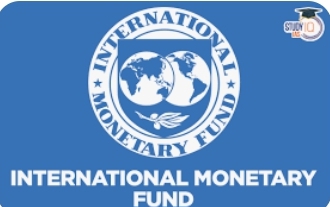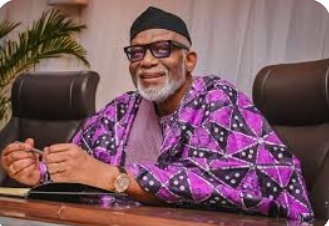By Tambaya Julius
In his recent remarks, Ari Aisen, the IMF’s mission chief for Nigeria, emphasizes the crucial need for additional macroeconomic tightening of both fiscal and monetary policies.
The aim is to provide the naira and the economy with a solid foundation for lasting stability and growth.
Aisen asserts, “We must enhance macroeconomic tightening in both fiscal and monetary realms to pave the way for a more durable stability in the naira and our economy.”
Addressing the short-term challenges head-on, Aisen highlights the potential for renewed confidence in the medium term.
By fostering this confidence, the Nigerian economy could experience a transformative shift towards a more conducive environment for investment.
This, in turn, could enhance credibility, boost visibility, and ultimately lead to job creation, propelling Nigeria towards a brighter future.
The discussions took place against the backdrop of the Arbiterz conference, which centred around the theme “The Naira Paths to Institutional Reforms and Accelerated Growth.”
During the conference, a key highlight was the commendation for the initial implementation of the willing buyer willing seller foreign exchange regime.
Aisen lauds the willing buyer and seller policy, recognizing it as a positive stride.
However, he cautions that the naira’s volatility might persist, albeit with potential reduction in the long term through strategic macroeconomic measures.
In the currency market, Aisen points out the imbalance between the demand for foreign exchange and its supply, potentially leading to depreciation.
He emphasizes the importance of increased foreign exchange inflows to rectify this challenge.
Aisen turns his attention to the prevailing interest rates, noting that the current rate of 18.75 percent fails to fully reflect market dynamics.
Lower market rates, particularly in instruments like treasury bills, underscore the need for alignment. This discrepancy affects foreign inflows and stifles savings amongst Nigerians.
One notable concern highlighted by Aisen is the perceived loose fiscal policies.
Despite the elimination of petrol subsidies and resultant fiscal savings, Nigeria’s debt levels remain high.
Aisen comments, “The situation we observe is the Central Bank of Nigeria (CBN) continuing to inject liquidity into the system through ways and means.
If not controlled, this injection could lower interest rates in the economy.”
Looking forward, Aisen recommends short-term tightening to support the naira’s stability.
However, he acknowledges the challenge of balancing this approach with the public’s well-being.
He suggests a nuanced path, ensuring confidence rebuilds over a medium-term horizon of approximately 18 months.
He emphasizes the importance of protecting vulnerable populations through social policies amidst inflationary pressures.
The conference also featured insights from Ayo Teriba, CEO of Economic Associates, who advocates for optimizing national assets to generate revenue.
Teriba emphasizes the need for strategic asset utilization rather than outright selling.
He compares Nigeria’s untapped real estate potential to assets that could alleviate the nation’s debt burden, echoing strategies employed by economically successful nations like Dubai.
Unlocking Nigeria’s dead assets, estimated at around N180 trillion by PwC, could be a game-changing strategy for the government.
This would alleviate the pressure of debt servicing, which is projected to consume 100 percent of revenues in the current year.
Bismarck Rewane, CEO of Financial Derivatives, examines the volatile naira market, projecting a value between N680-N720 with the current rate at N925.
He underscores the importance of concurrent institutional reforms within entities like NNPC, FIRS, and CBN.
These reforms are pivotal for restoring confidence and achieving a well-aligned, true valuation of the naira.
The discussions at the Arbiterz conference shed light on the challenges and opportunities that lie ahead, emphasizing the need for strategic actions to pave the way for a more resilient and prosperous financial future.










